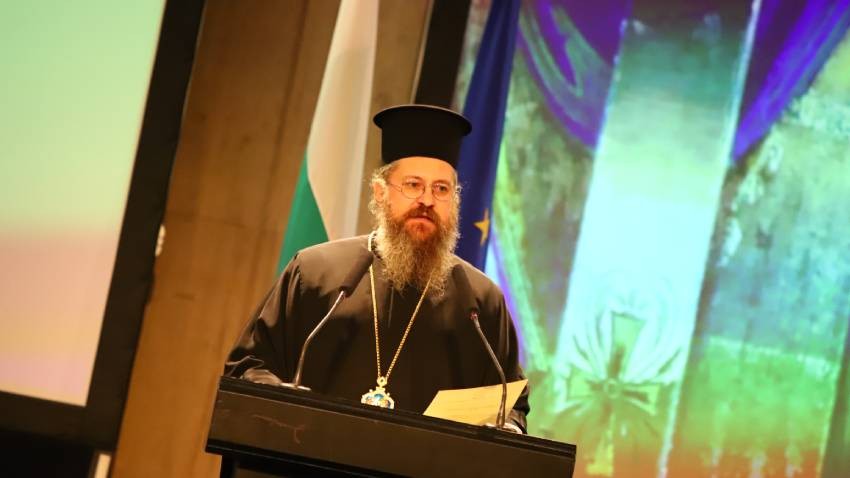


After the great Lord's feast of the Assumption of the Theotokos, the Nativity of the Mother of God is held in special honor in Bulgaria. The Bulgarian Orthodox Church celebrates it on September 8, together with the Greek Orthodox Church, and the other..
The findings from the archaeological excavations of Kozareva mound - a settlement from the 5th millennium BC , became a real sensation already in 2014, when they were presented to the general public for the first time. Among the exquisite exhibits of..
On September 6, 1885, Bulgaria again became a unified state. In an interview with Radio Bulgaria, history professor from Sofia University "St. Kliment Ohridski" Ivan Ilchev tells us more about the factors that led to the Unification, when the..

+359 2 9336 661
